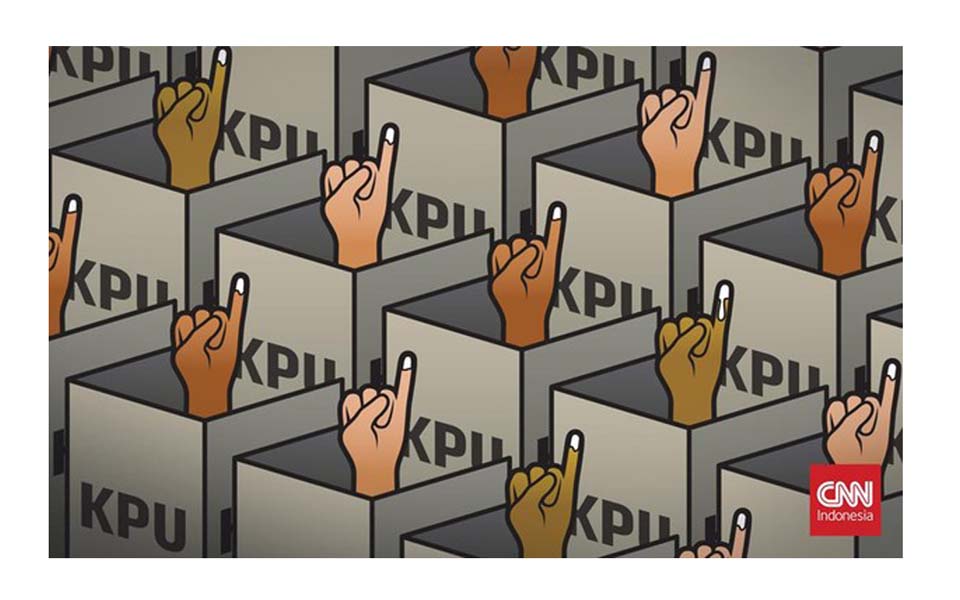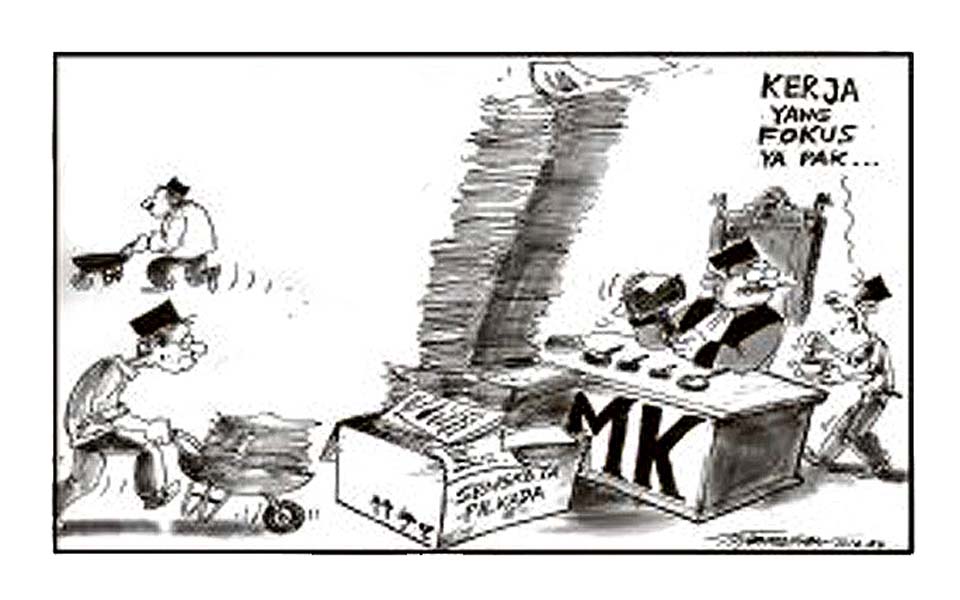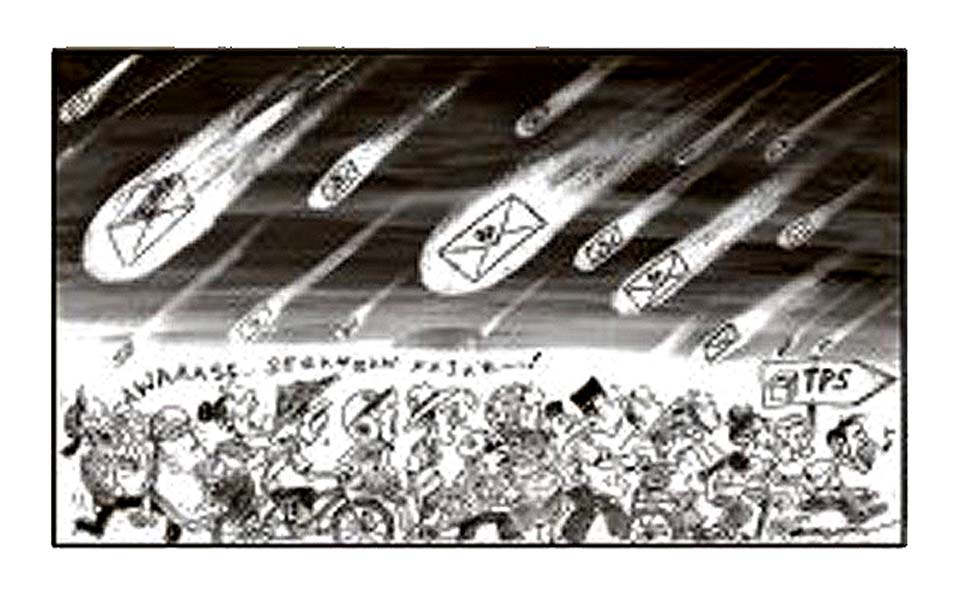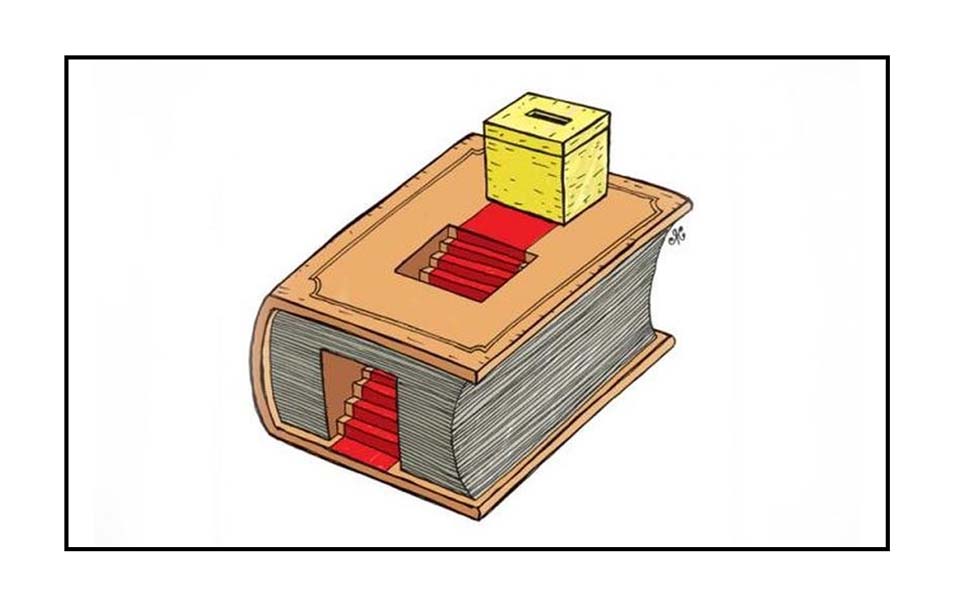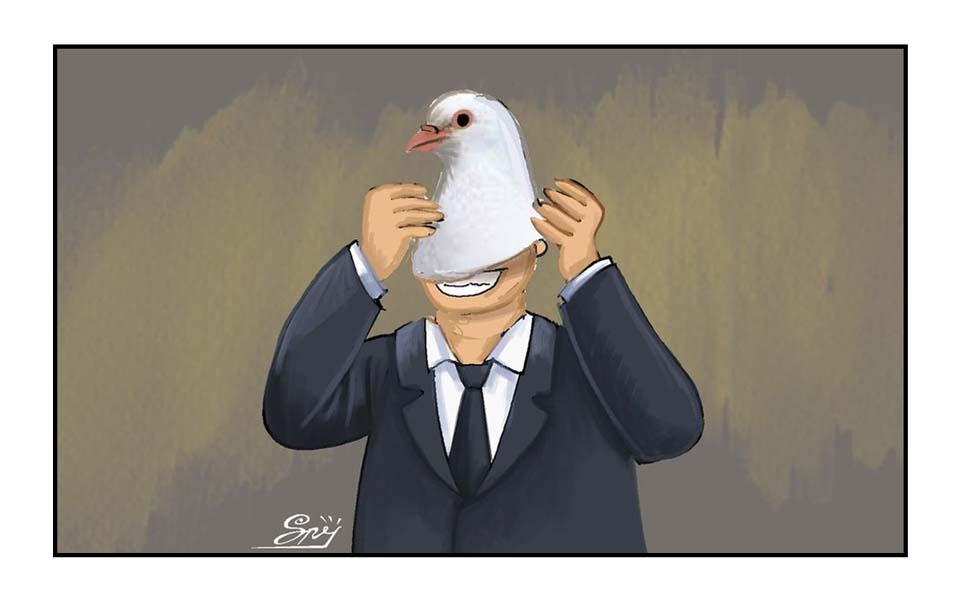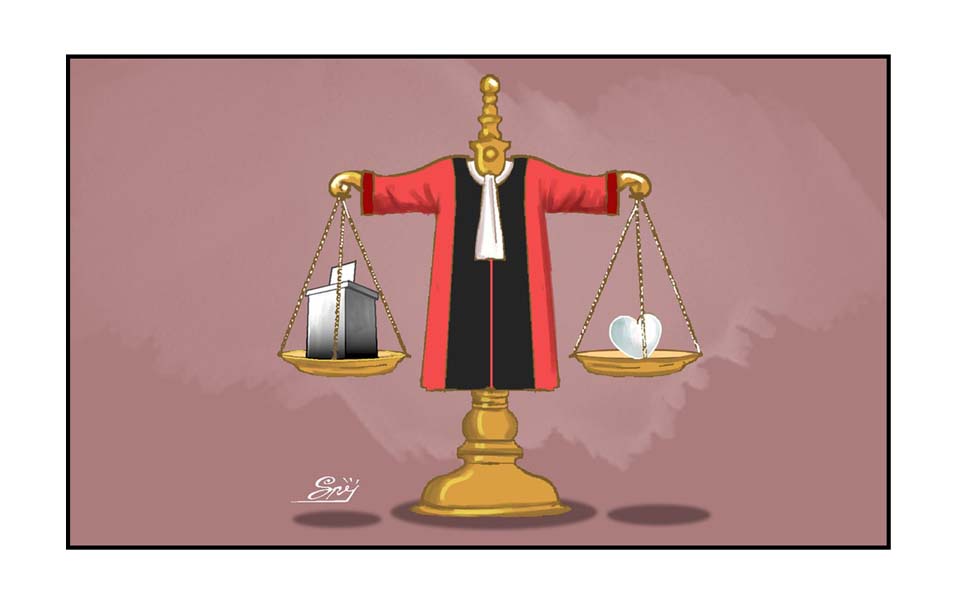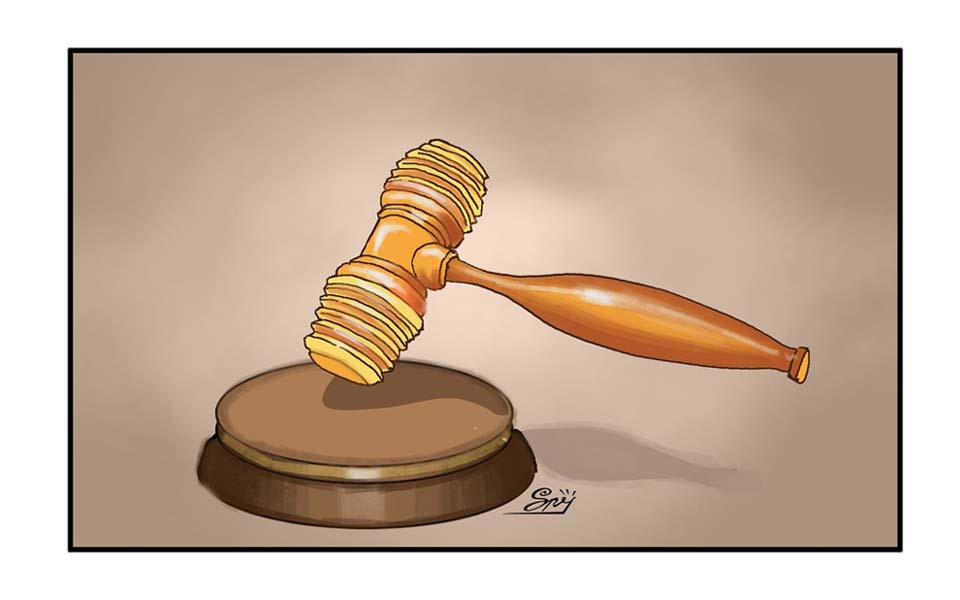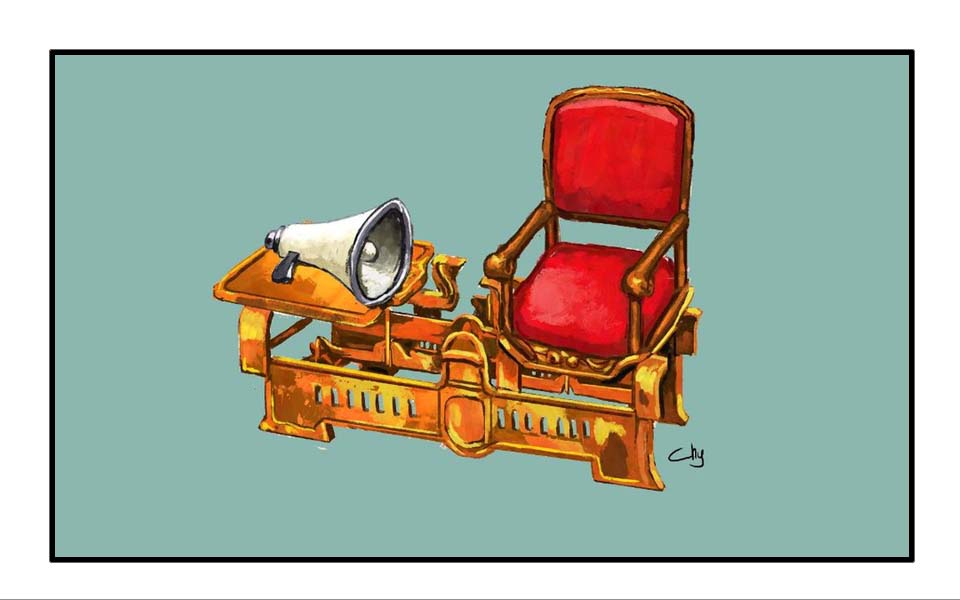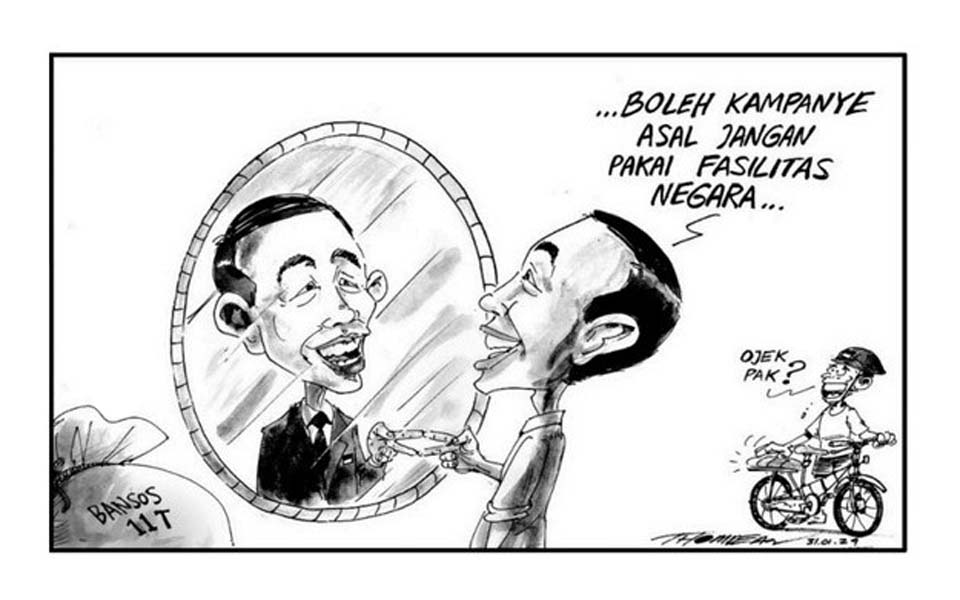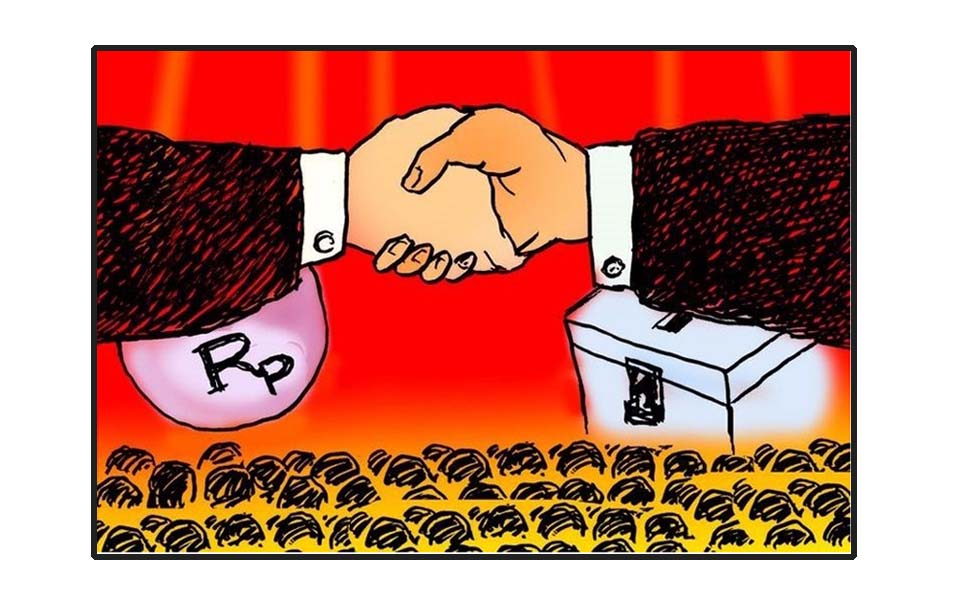
From an oped piece by Sandro Gatra titled Presidential Elections, the Cost of Becoming a Presidential Candidate, and the Issue of the Oligarchy.
Sandro Gatra – At every succession of the national leadership, the oligarchy issue always come up. Oligarchy is often attached to candidates who are closely associated with entrepreneurs, the economic mafia, capitalists, foreigners or foreign investors.
The oligarchy issue is used as a negative campaign by certain parties to degrade their opponent's morality and integrity with the short-term goal of creating a negative image and the final goal of defeating them in the festival of democracy – as the elections are known.
Those who often generate the issue of the oligarchy are, at the same time, trying to brand themselves as figures that are close to the ordinary people (in character, persona and attributes that are worn or used).
So the question for us is, is it still relevant that the oligarchy issue be used in today's context?
Indeed, the public's perception of prospective presidential candidates who are "the candidate of the oligarchy" or "not the candidate of the oligarchy" does influence their decision on whether or not to vote for them.
A lot of research results have confirmed that public perception has an influence on their voting decisions. Are there however any prospective presidential candidates – at least among those who have been nominated – who are free from the shackles of oligarchy?
Even if the idea of oligarchy is simplified as it was understood by Aristotle, namely a "power by a handful of rich people", then there is no need for scientific analysis to prove that the three existing presumptive presidential candidates are all "candidates for oligarchy". This is because many rich people can be seen providing support to them.
Just look at the political parties supporting each candidate, and then look further into who exactly are the rich people in these political party coalitions.
In the coalition backing former Jakarta Governor Anies Baswedan – the Democrat Party, the National Democrat Party (NasDem) and the Justice and Prosperity Party (PKS) – there are a number of names such as Surya Paloh (owner of the Media Group), Rachmat Gobel (owner of the National Gobel Group), Jusuf Kalla (owner of several companies under the Kalla Group) and Aburizal Bakrie (owner of the Bakrie Group). And, of course, there are still many others.
The ruling Indonesian Democratic Party of Struggle's (PDI-P) candidate, East Java Governor Ganjar Pranowo, is supported by a number of wealthy business tycoons, including the owner of MNC Group Hary Tanoesoedibjo (his Perindo Party has also formed a coalition to support Pranowo Subianto), Suharso Monoarfa, the owner of several successful companies, and business tycoon Sandiaga Uno (United Development Party, PPP).
Meanwhile in the PDI-P there are the names of business tycoons such as Murdaya Poo (the owner of the Central Cipta Murdaya Group).
Meanwhile there are also rich people behind the presidential candidate from the Greater Indonesia Movement Party (Gerindra), party chairperson Prabowo Subianto, namely his own younger brother Hashim Djodjohadikusuma and the Cendana Family of former president Suharto.
From this breakdown it can be seen that none of the prospective presidential candidates that exist are free from support by the oligarchy (read rich people).
In such a context, using the oligarchy narrative to attack a political opponent, when you yourself are part of the oligarchy, is no different from the parable "An elephant in the eyelid is not seen, but an ant across the ocean is visible".
[Abridged translation by James Balowski. The full article can be read here: https://nasional.kompas.com/read/2023/07/03/11020391/pilpres-harta-bakal-capres-dan-isu-oligarki.]





